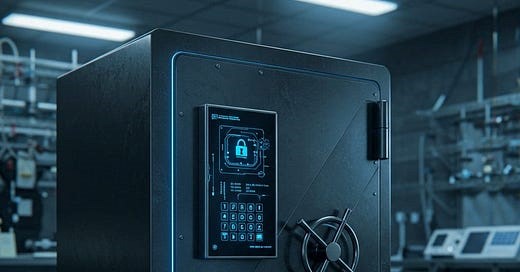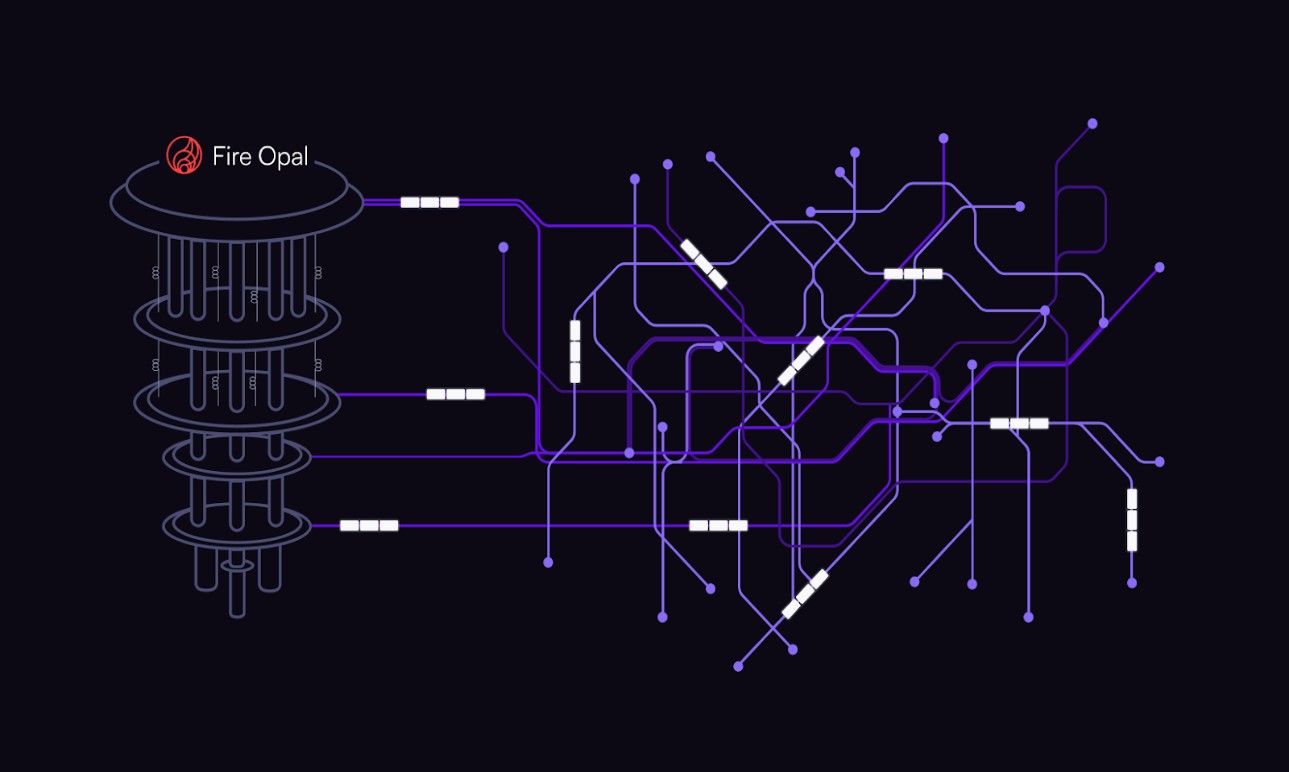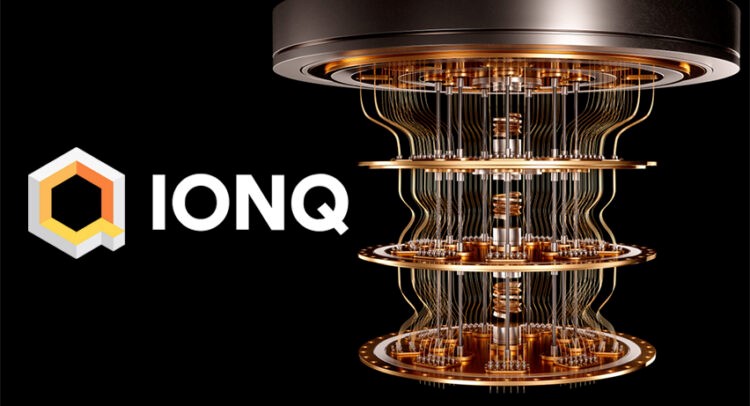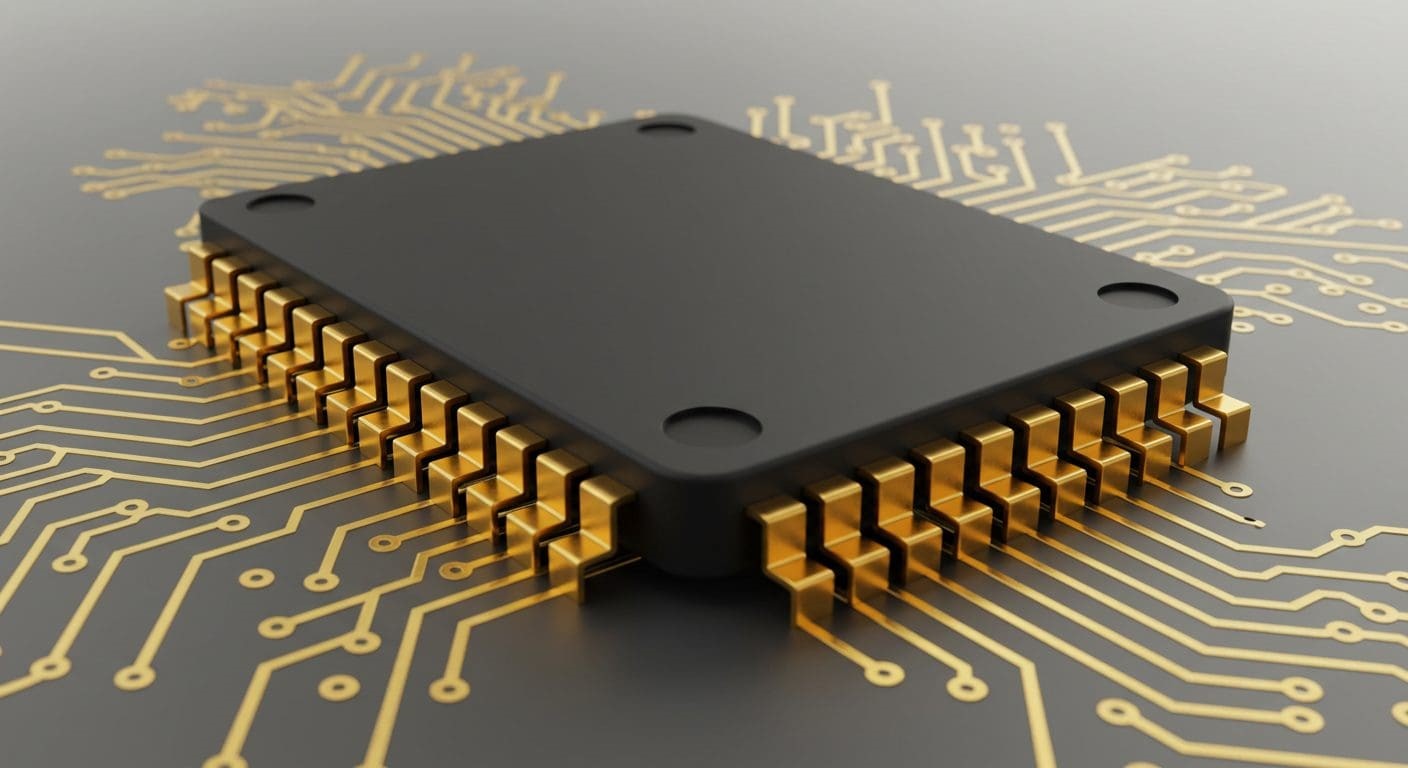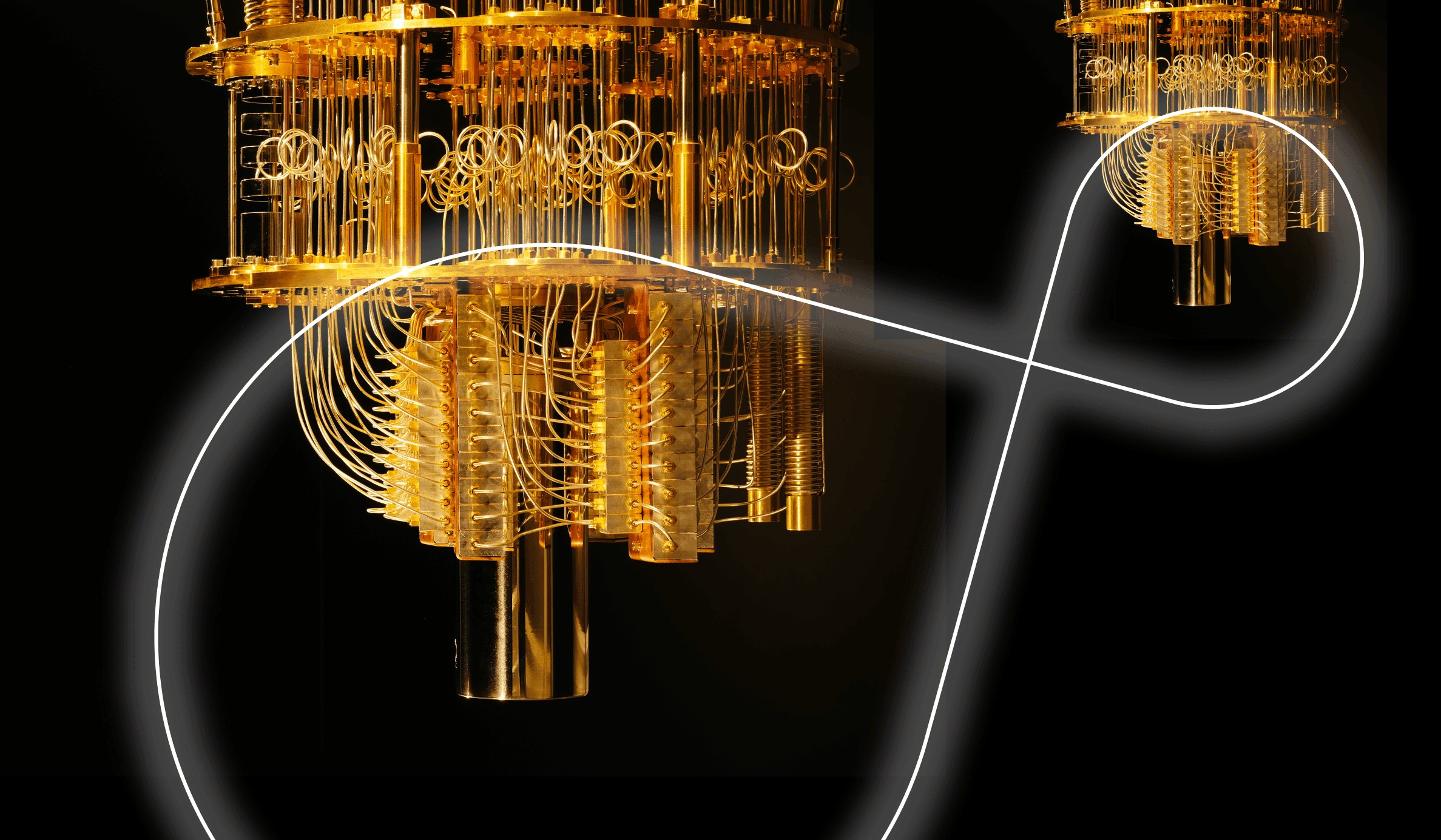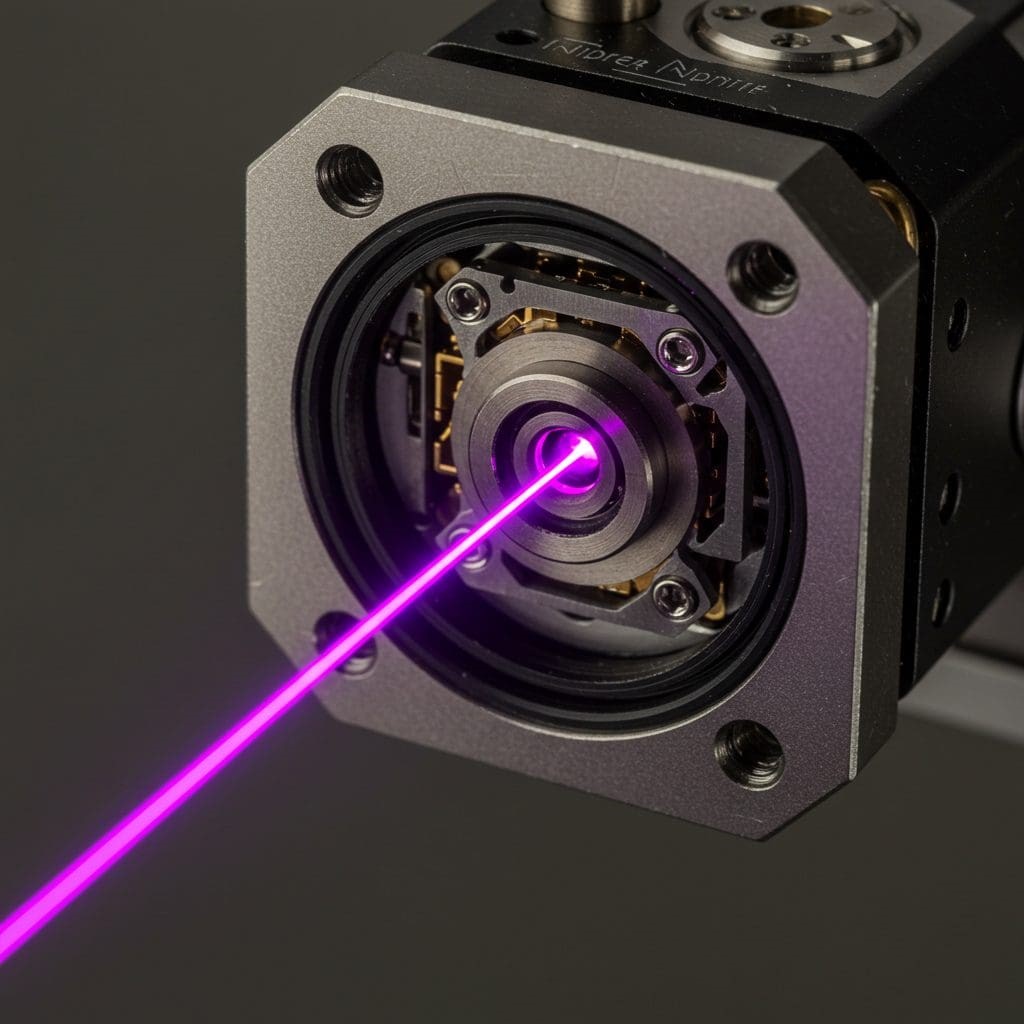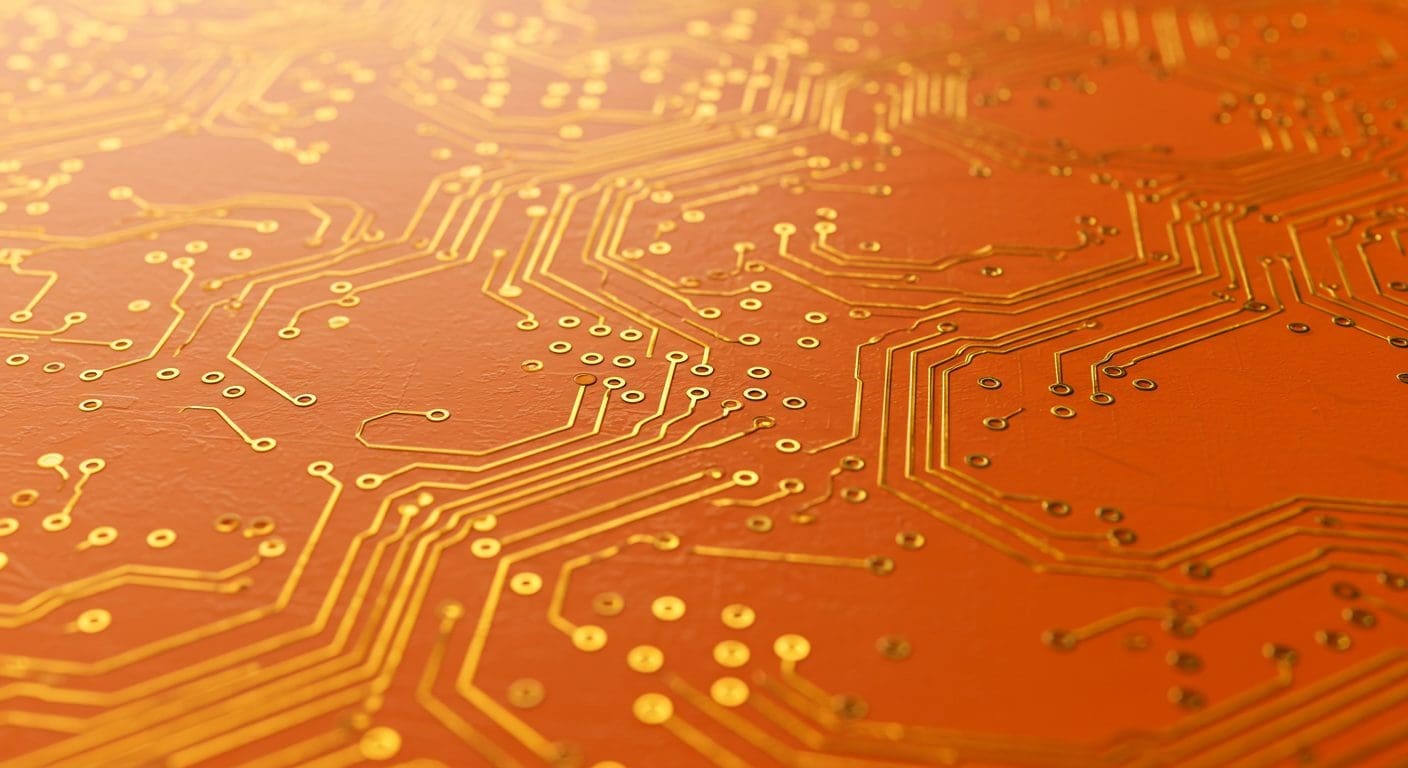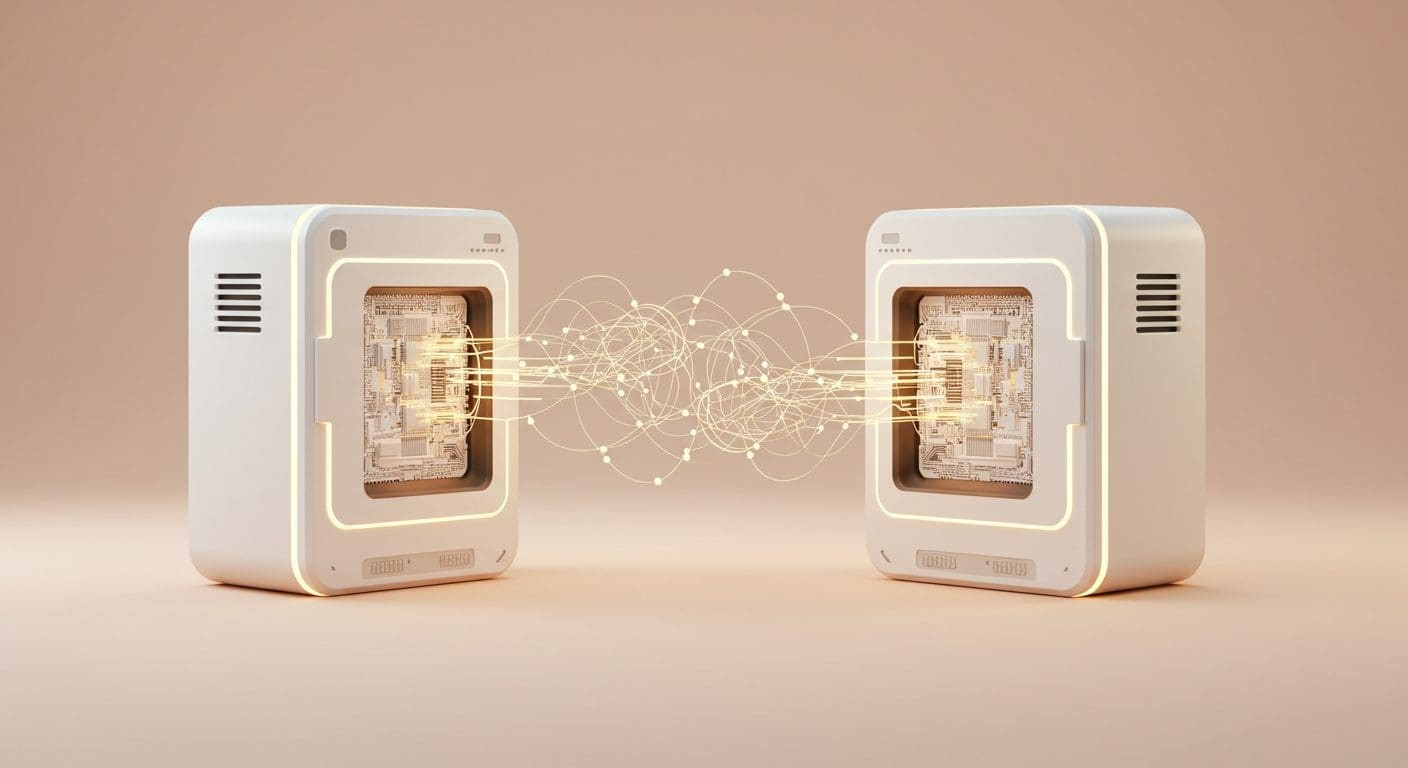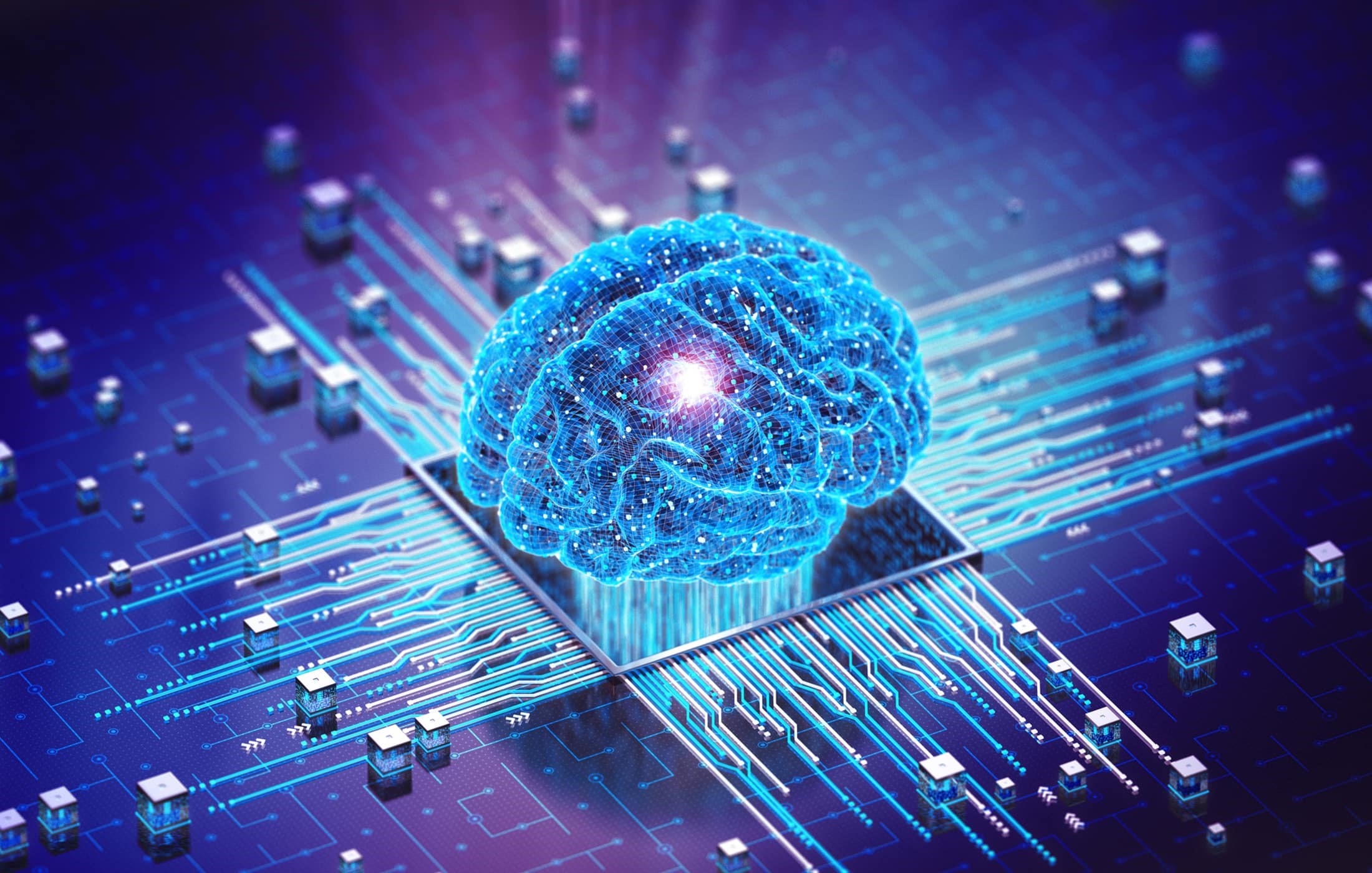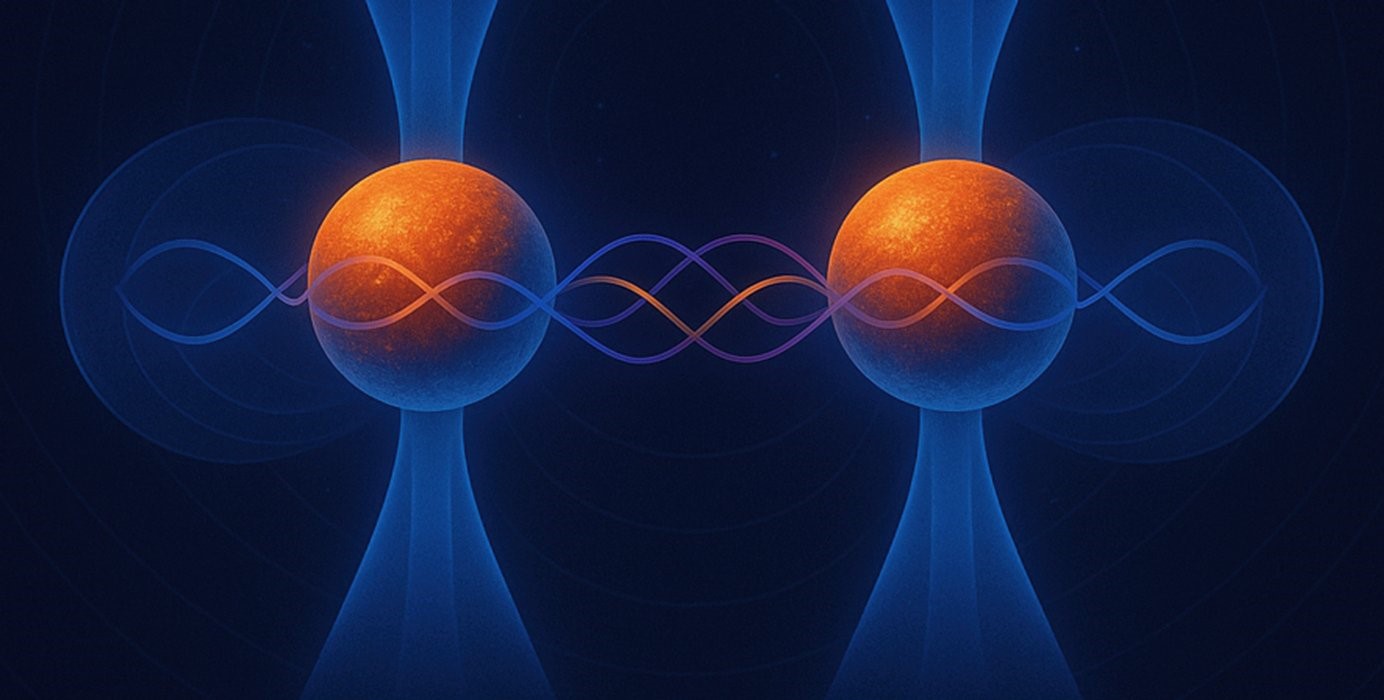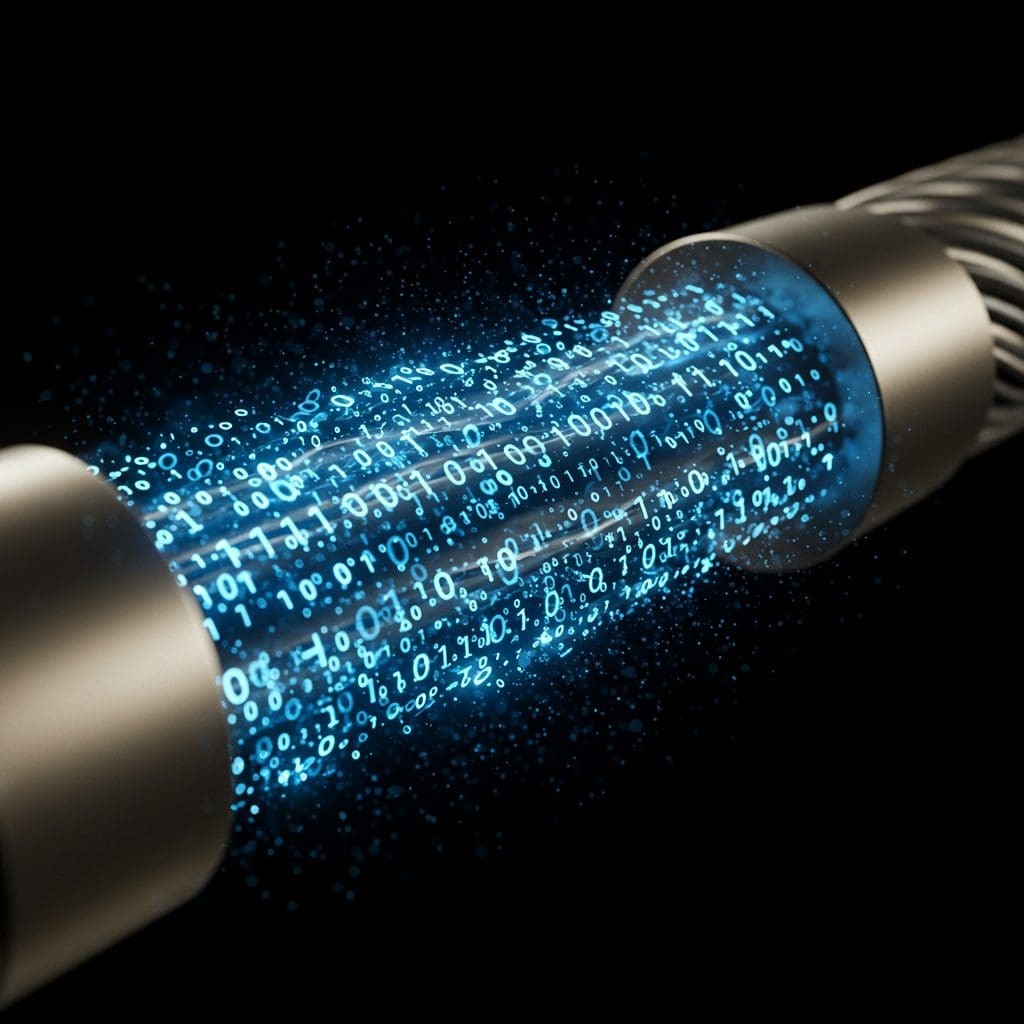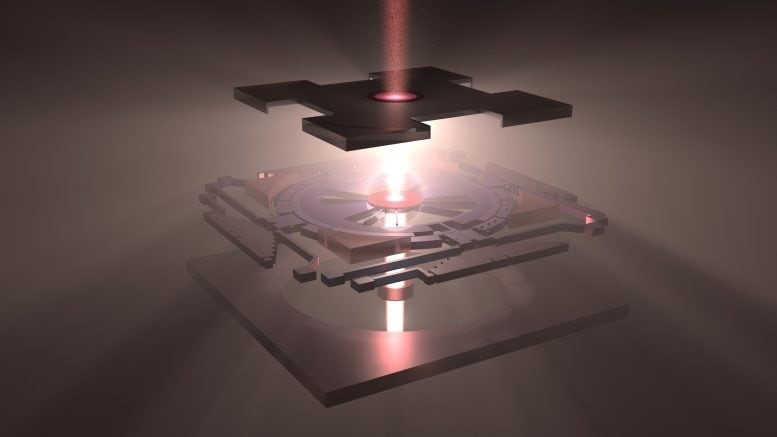Quantum Machine Learning Enhances IoT Data Prediction Using Kernel Methods
The growing volume of data from interconnected IoT devices presents new opportunities and challenges for machine learning. Researchers led by Francesco D’Amore, Luca Mariani, Carlo Mastroianni, Francesco Plastina, Luca Salatino, Jacopo Settino, and Andrea Vinci explore the use of projected quantum kernels (PQKs) — a technique that translates quantum data into a format readable by classical computers — to classify IoT data. Their study, titled ‘Assessing Projected Quantum Kernels for the Classification of IoT Data,’ develops predictive models using a dataset inherently compatible with quantum algorithms, eliminating the need for typical pre-processing of classical datasets. The research compares PQKs with traditional kernel methods and examines how different quantum feature maps affect the encoding of classical IoT data into quantum states.
This work builds on recent advances demonstrating quantum kernel methods’ potential to improve occupancy estimation in smart buildings. It also addresses a major challenge in quantum machine learning: the scarcity of datasets suited for quantum algorithms, by leveraging real environmental data from a smart office setting.

Figure 1. Quantum ML Enhances IoT Data Prediction with Kernel Methods
Researchers applied a Projected Quantum Kernel (PQK) approach, where kernel methods—machine learning algorithms that map data into higher-dimensional spaces—are enhanced using quantum computing. PQK encodes classical data into a quantum Hilbert space, representing all possible quantum states, and then projects this information back into a classical space for analysis. This leverages quantum principles without requiring data to be originally formatted for quantum processing. Figure 1 shows Quantum ML Enhances IoT Data Prediction with Kernel Methods.
The study highlights the importance of selecting effective feature maps, which transform raw IoT data into a form suitable for quantum algorithms. The choice of feature map greatly affects model accuracy and learning efficiency. By using a dataset inherently compatible with the PQK method, researchers avoided complex dimensionality reduction techniques, potentially boosting both prediction accuracy and computational performance.
Unlike many quantum machine learning studies that use synthetic or simplified datasets, this research utilized a real-world IoT dataset, capturing the practical complexities of smart building environments. The dataset consisted of sensor readings monitoring environmental conditions in an office space, representing typical data generated by IoT devices.
The team rigorously compared the Projected Quantum Kernel (PQK) method with classical kernel methods, including Support Vector Machines (SVMs). Results demonstrated PQK’s potential to improve predictive accuracy, providing a solid benchmark for evaluating quantum versus classical approaches. Additionally, the study examined how different feature maps influenced model performance, highlighting the impact of various data encoding strategies on learning effectiveness and generalization.
Future research should aim to scale these algorithms to handle larger and more complex datasets while assessing the robustness of Projected Quantum Kernels (PQK) against noise typical of near-term quantum hardware. Expanding the scope of IoT applications studied and benchmarking PQK performance against advanced classical machine learning methods, like deep neural networks, will help further validate the promise of this quantum-inspired approach.
References:
- https://quantumzeitgeist.com/quantum-machine-learning-improves-iot-data-prediction-with-kernel-methods/
Cite this article:
Janani R (2025), Quantum Machine Learning Enhances IoT Data Prediction Using Kernel Methods, AnaTechMaz, pp.258



